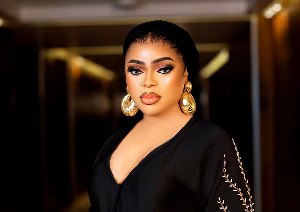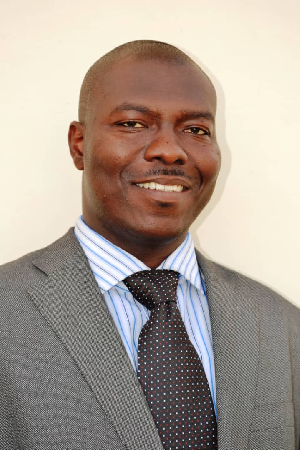Regional News of Tuesday, 1 December 2015
Source: GNA
Two bodies fight to roll back child marriages
Two bodies – United Nations Children Fund (UNICEF) and Action Aid Ghana, have jointly launched a project to help roll back the growing child marriages in the country.
This comes against the background of the disturbing statistics from the Ghana Multiple Indicator Cluster Survey (MIC), which shows that 176,103 young girls out of a total of 3,254,000 aged between 12 and 17 years were married.
Mr. George Dery, the Upper West Regional Manager of Action Aid Ghana, said the figure represented 5.5 percent and described it as “very high”.
He said the goal of the two-year project was to fight socio-cultural practices fueling the child marriage.
It would do this by raising awareness among adolescent girls and aid them to resist any attempt to marry them off and rather focus on the pursuit of academic careers.
He said they were targeting more than 110,000 children in 120 selected communities across four regions – Upper East, Brong-Ahafo, Upper West and Greater Accra.
Mr. Dery said they would work together with religious and opinion leaders to tackle the problem.
They had already designed information and education materials –leaflets and posters to assist educate people in the communities about the need to provide more protection for the girl child.
He also spoke of plans to combine the use of drama, audio-visual and radio discussions and build the capacity of girls clubs - to give them a stronger voice to achieve the purpose.
Mrs. Emelia Allan, Child Protection Specialist, UNICEF, noted that child marriage could negatively affect the economy and make it difficult to lift women out of poverty.
The soaring child brides would only slow down economic development and make efforts at reducing maternal and infant mortality, combat malnutrition and keep children in school, struggle.
Mr. Eric Opoku, the Brong-Ahafo Regional Minister, applauded UNICEF and Action Aid Ghana for the project and said it would help to save young girls from physical and emotional abuse.










